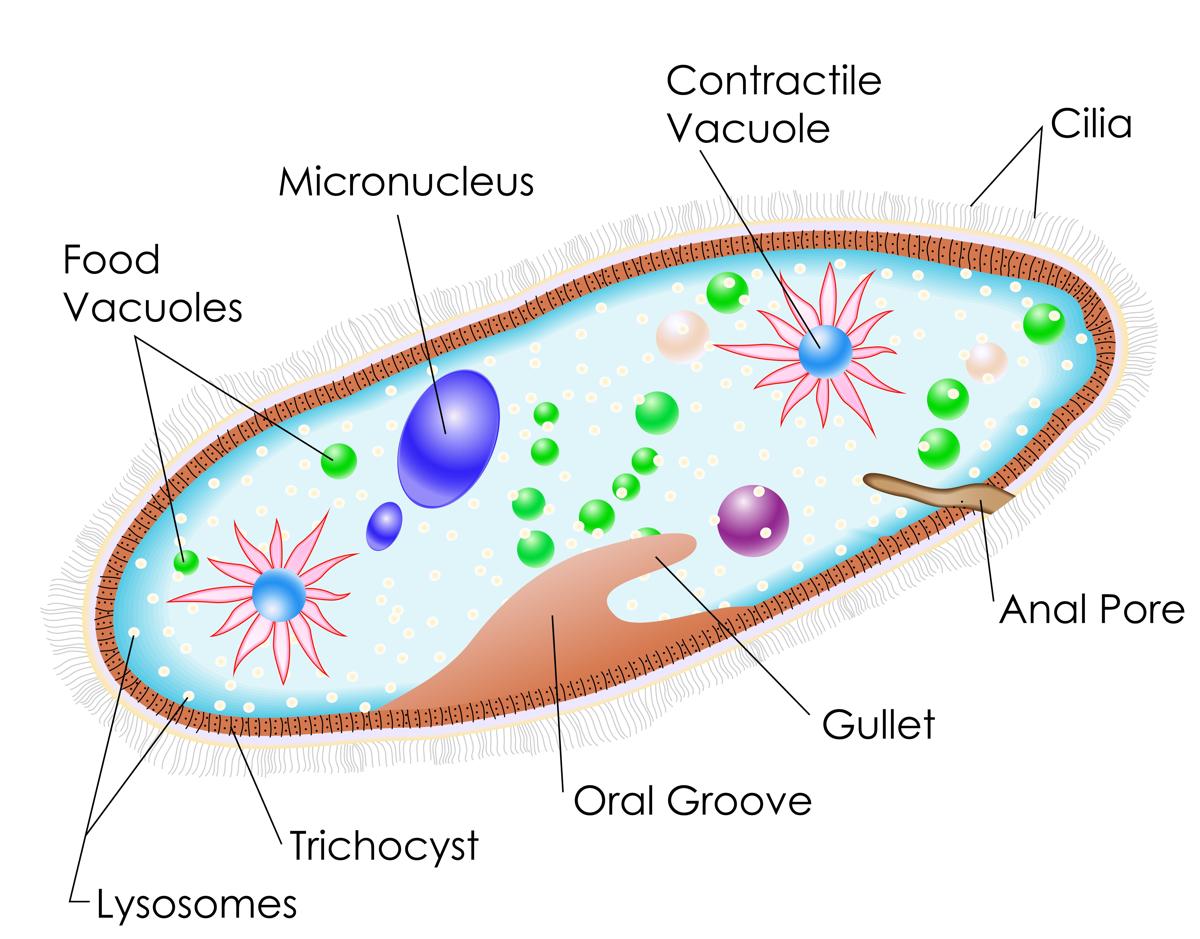Immerse yourself in the captivating realm of biology as we unravel the enigmatic world of unicellular protists. These microorganisms, defined by their singular cells, play a pivotal role in the intricate symphony of life on Earth. Yet, to comprehend their profound significance, we must first establish their place within the grand tapestry of life’s domains.

Image: ar.inspiredpencil.com
The world of biology is a realm of profound complexity, encompassing a bewildering array of organisms that defy simple categorization. To bring order to this intricate tapestry, scientists have devised a system of classification that partitions life into three fundamental domains—Bacteria, Archaea, and Eukarya.
Our protagonist, the unicellular protist, finds its home within the Eukarya domain, a realm characterized by a sophisticated level of cellular organization. Eukaryotic cells are defined by the presence of a true nucleus, a membrane-bound compartment that safeguards the cell’s genetic blueprint—the DNA. This defining feature sets eukaryotes apart from their simpler prokaryotic counterparts, which lack a nucleus and other specialized structures.
The Eukarya domain, a realm of astonishing diversity, encompasses a vast array of organisms, ranging from the humble yeast to the majestic mammals that roam the Earth. Within this realm, unicellular protists represent a captivating and diverse group that defy easy categorization. From the photosynthetic wonders that fuel the oceans’ productivity to the pathogenic parasites that challenge human health, protists lead multifaceted lives, exhibiting an extraordinary range of adaptations.
To appreciate the enigmatic nature of unicellular protists, we must embark on a journey through their diverse forms and ecological niches. Consider the photosynthetic wonders that paint the oceans emerald hues—diatoms and dinoflagellates. These microscopic marvels harness sunlight through photosynthesis, transforming themselves into the lifeblood of marine food webs.
Yet, not all protists bask in the sun’s embrace—some have adapted to life in the shadowy depths, where they eke out an existence as parasites or predators. Take for instance the malaria parasite, a diminutive but deadly protist that dwells within the embrace of mosquitoes, wreaking havoc upon human lives.
The realm of protists is rife with untapped potential. These microorganisms hold the promise of novel pharmaceuticals, sustainable biofuels, and innovative biotechnological solutions. As we delve deeper into their hidden world, we unlock the key to solving some of the most pressing challenges of our time.
In closing, our journey into the world of unicellular protists underscores their profound significance in the intricate web of life. Their remarkable adaptations, diverse ecological roles, and potential for human benefit make them worthy of continued exploration and appreciation. As we venture further into the realm of protists, let us approach this endeavor with an unwavering commitment to knowledge, discovery, and awe-inspired wonder.

Image: www.youtube.com
A Unicellular Protist Is Part Of Which Domain
